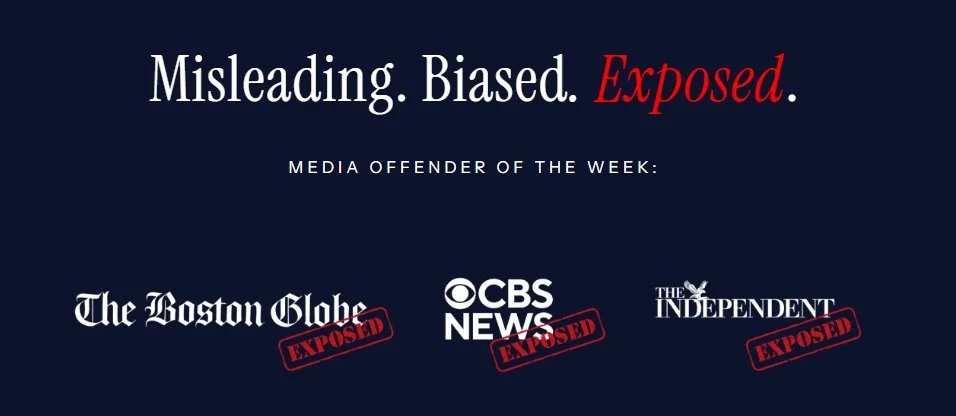“It’s Coming Right for Us!”: How Trump’s Drug Boat Strikes Mirror South Park’s 28 Year Old Logic
When South Park first aired Volcano in 1997, the creators gave Uncle Jimbo a gag so stupid it became legendary: before killing any animal, he’d yell “It’s coming right for us!” The idea was that if you scream self-defense loudly enough, you can shoot whatever you want, no matter how harmless. The joke worked because everyone understood the absurdity. A rabbit isn’t a mortal threat just because someone hollers that it is.
Fast forward to September 2025, and the United States watched its commander-in-chief dust off Jimbo’s hunting excuse and apply it to international policy. Donald Trump ordered the U.S. military to carry out lethal strikes against suspected narcotics boats near Venezuela. His justification? The smugglers were an “immediate threat” to American lives, their cargo of alleged narcotics a “deadly weapon” coming right for us. It was a cartoon gag come to life, only with real explosions, real casualties, and real geopolitical consequences.
The South Park Satire: Empty Words as a License to Kill
The original South Park meme wasn’t just a throwaway line; it was a parody of the legal loopholes people exploit to justify violence. Jimbo and Ned didn’t believe every squirrel was about to maul them. They knew that by screaming the magic words, they could claim their actions were “self-defense” and skirt hunting laws. The humor lay in the obvious mismatch: no one watching believed those animals were dangerous, but the characters pretended otherwise to cover their own bloodlust.
The show even revisited the gag later, when Jimbo switched excuses: since “it’s coming right for us” had worn thin, hunters were told to claim they were “thinning out the numbers.” The message was clear: the justification doesn’t matter, so long as you have one. The excuse is a tool, not an explanation.
Trump’s Narcoterrorist Narrative
Now replace the deer with a fishing boat. Replace Jimbo’s rifle with U.S. kinetic strikes. Replace the hollered line with a Truth Social post in all caps:
“These extremely violent drug trafficking cartels POSE A THREAT to U.S. National Security, Foreign Policy, and vital U.S. Interests.”
The logic is the same. Trump declared that suspected smugglers in international waters weren’t just criminals, they were narcoterrorists wielding drugs as weapons of mass destruction. By his account, every boat carrying contraband was effectively a missile aimed straight at American families.
That’s not sober policy analysis; that’s the “it’s coming right for us” defense dressed up in the language of national security. Instead of acknowledging that drug trafficking is a persistent law enforcement challenge requiring coordination, interdiction, and prevention, Trump cast it as a sudden battlefield emergency. In his telling, America wasn’t facing a supply chain problem—it was under attack, with fentanyl packages acting as enemy projectiles.
Cartoon Logic Meets International Law
The absurdity runs deeper when you notice the details. The very first vessel struck was reportedly headed back toward Venezuelan shores when it was destroyed, not barreling toward the U.S. coastline. Yet the administration still insisted this was a “necessary escalation” to stop poison “coming to our shores.” It’s pure cartoon logic: just as Jimbo’s targets never posed real danger, these boats weren’t imminently threatening Americans at the moment of impact.
And yet, by deploying the magic phrase—they’re coming right for us—the Trump team tried to flip the legal frame. What should have been a question of maritime policing became, rhetorically, an act of self-defense under the laws of war. It’s the same sleight of hand South Park lampooned: you pretend the rules don’t apply because you’ve convinced yourself or at least your audience that you’re just reacting to an immediate attack.
Fear as Justification, Fear as Policy
What South Park highlighted as comedy, using fear to cover for violence, Trump employed as statecraft. His Truth Social blast didn’t just describe drugs as poison; it presented them as weapons deliberately fired at America by “evil Venezuelan narcoterrorists.” But the effect is the same as Jimbo’s panicked shout: it shuts down debate. Who can argue nuance when you’re told a deadly threat is racing toward you? If you question the logic, you’re accused of “running cover for evil,” as Trump’s press secretary sneered at critics. In this world, skepticism itself becomes betrayal, because the leader has already screamed the equivalent of “It’s coming right for us!”
From Satire to State Policy
What’s most damning is that South Park’s joke was meant to mock an absurd mindset, one where a bad excuse becomes a free pass for killing. Twenty-eight years later, the same excuse underpins U.S. foreign policy. The difference is that Jimbo’s ducks and deer didn’t end up in coffins; Trump’s targets did.
This isn’t just a matter of bad optics. By stretching the definition of “imminent threat” to cover suspected smugglers, the Trump administration is blurring the line between law enforcement and war, between crime and terrorism. That’s not just reckless—it risks normalizing extrajudicial killings under the flimsiest of pretexts. If every fishing boat carrying drugs is “coming right for us,” then the president has a blank check to kill first and justify later.
Simply Put: Living in the Joke
South Park once exaggerated human folly to show how ridiculous it would be if people could kill anything simply by yelling “It’s coming right for us!” The tragedy is that in 2025, the United States saw this satire repurposed as serious doctrine. Trump’s strikes on suspected drug boats reveal a governing philosophy that thrives on overstatement, theatrics, and fear—turning comedy into policy.
What was once a meme about legal loopholes has become a metaphor for an entire administration’s approach to power: find a threat, inflate it, shout about it, and then unleash force, confident that the words alone will suffice as justification. America isn’t supposed to be governed by cartoon logic. But under Trump’s, it is.
Sources
Trump says US struck another alleged Venezuelan drug vessel, killing three | Reuters





